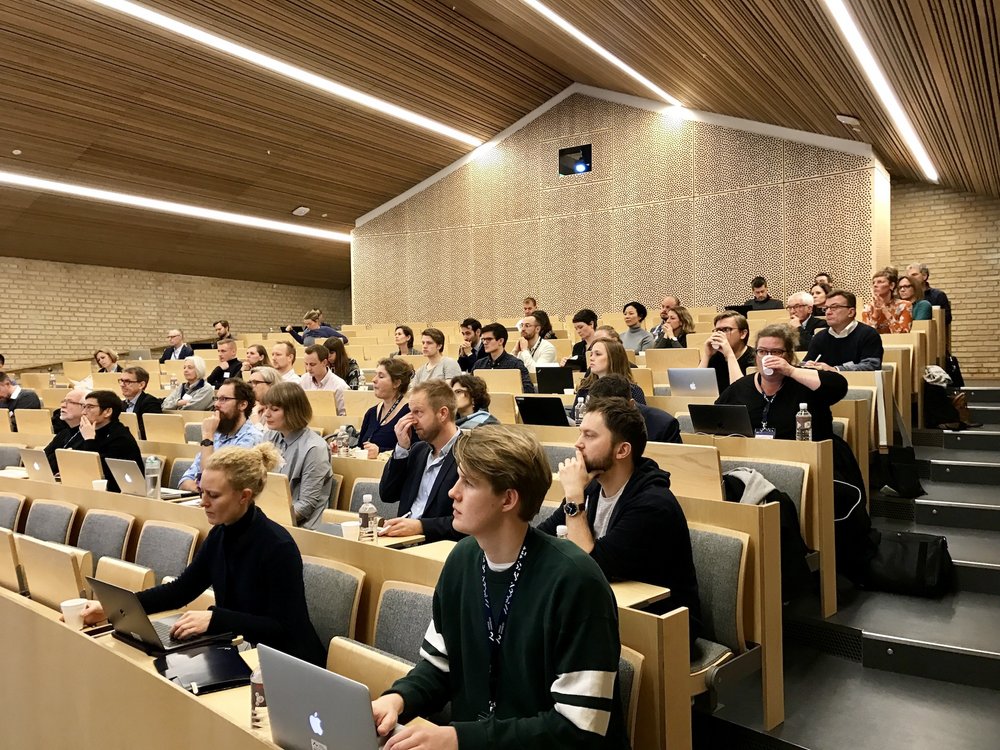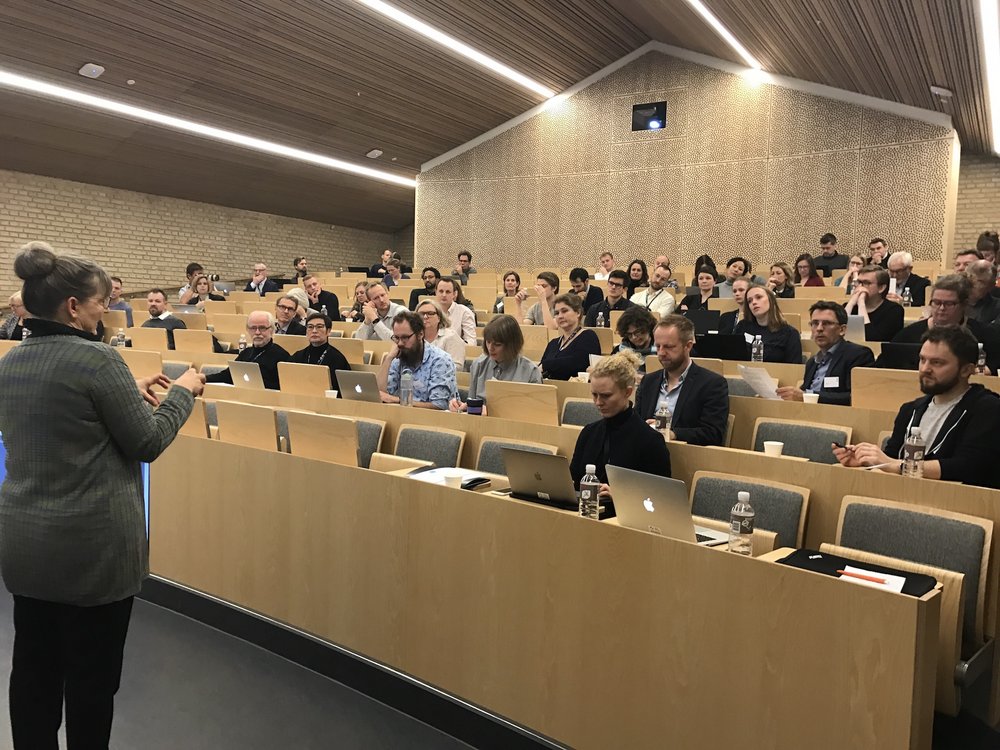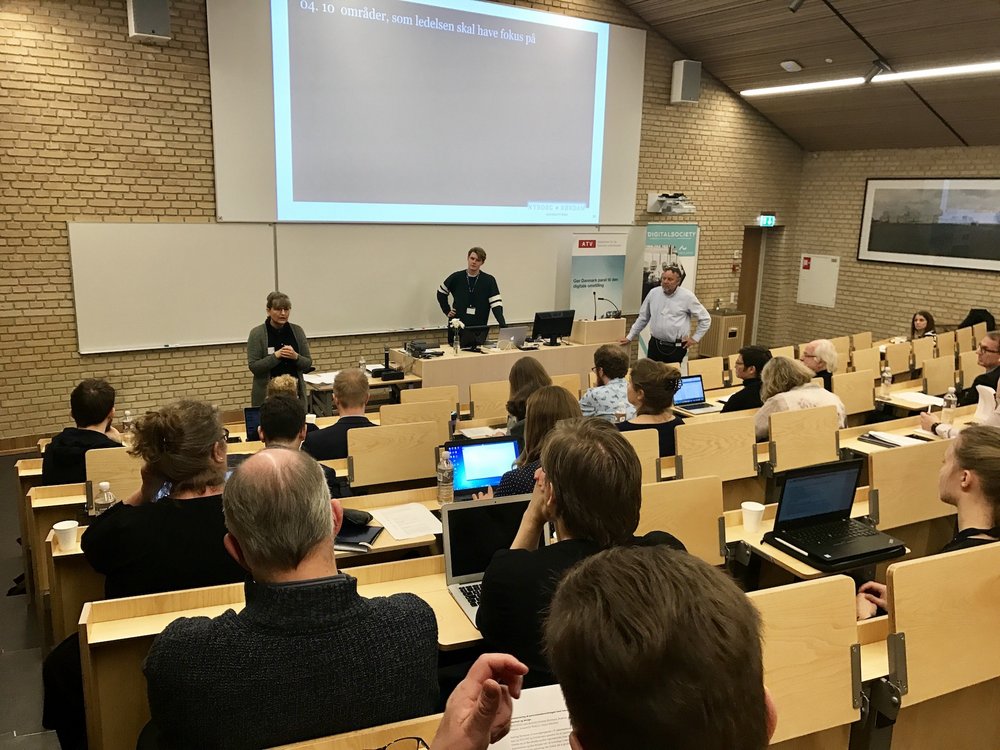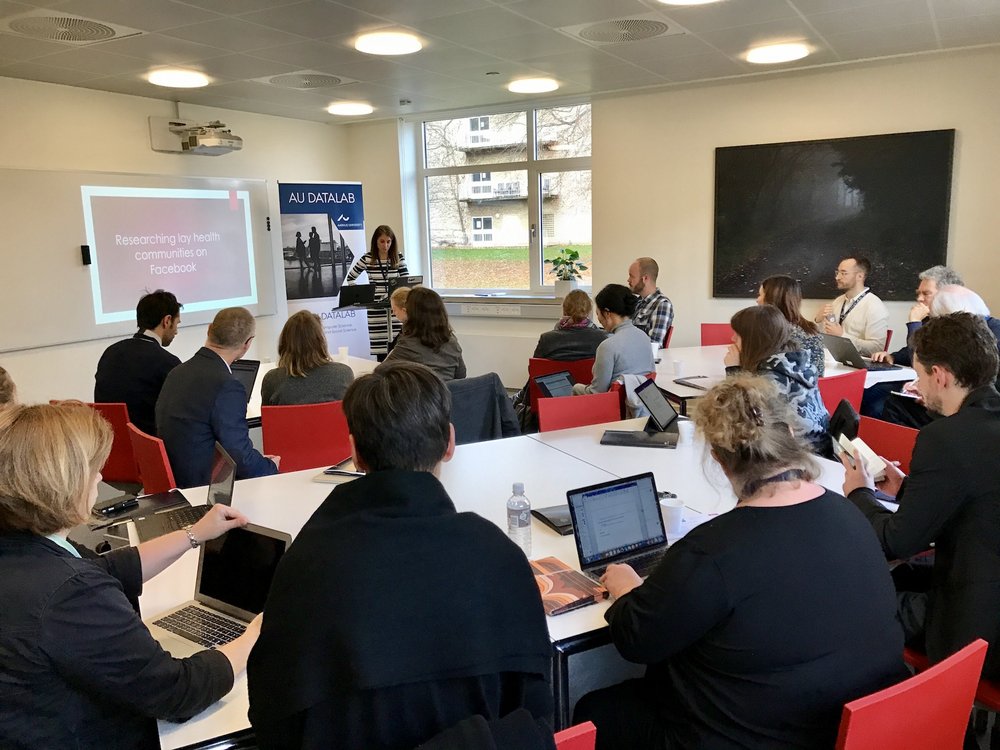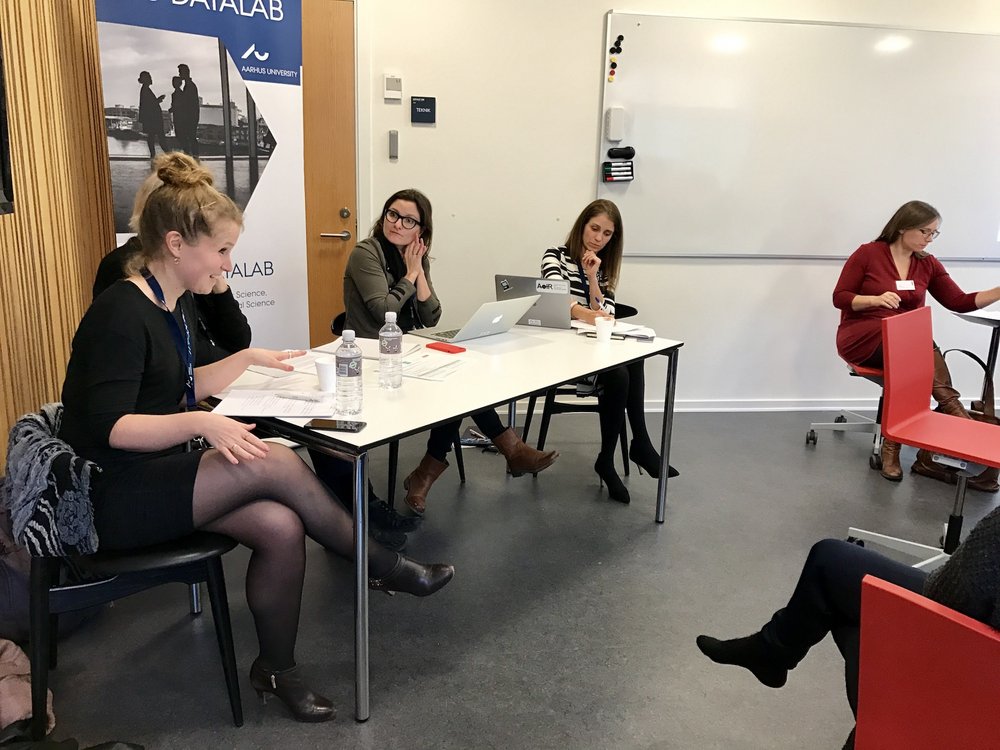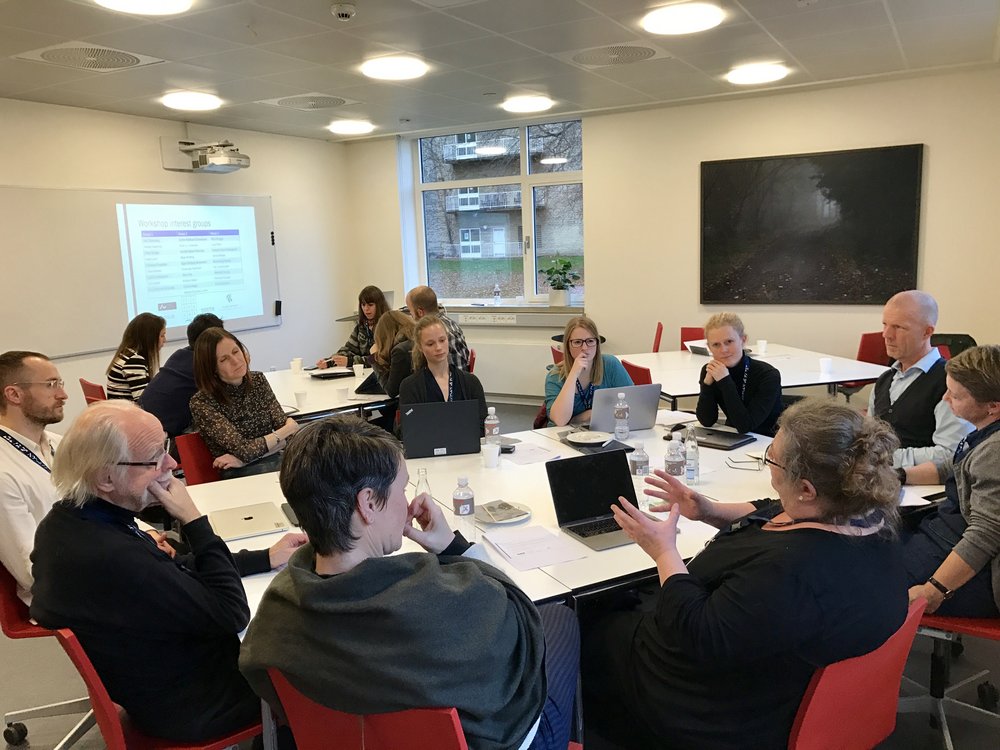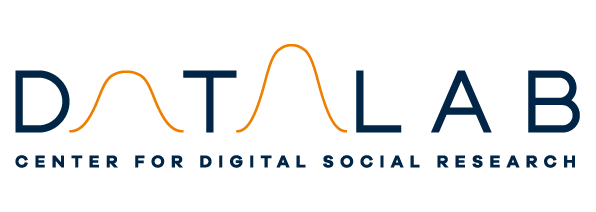Digital Research Dilemmas: Seminar at Aarhus University
The 3 most prevailing dilemmas discussed at workshop on Digital Research Dilemmas.
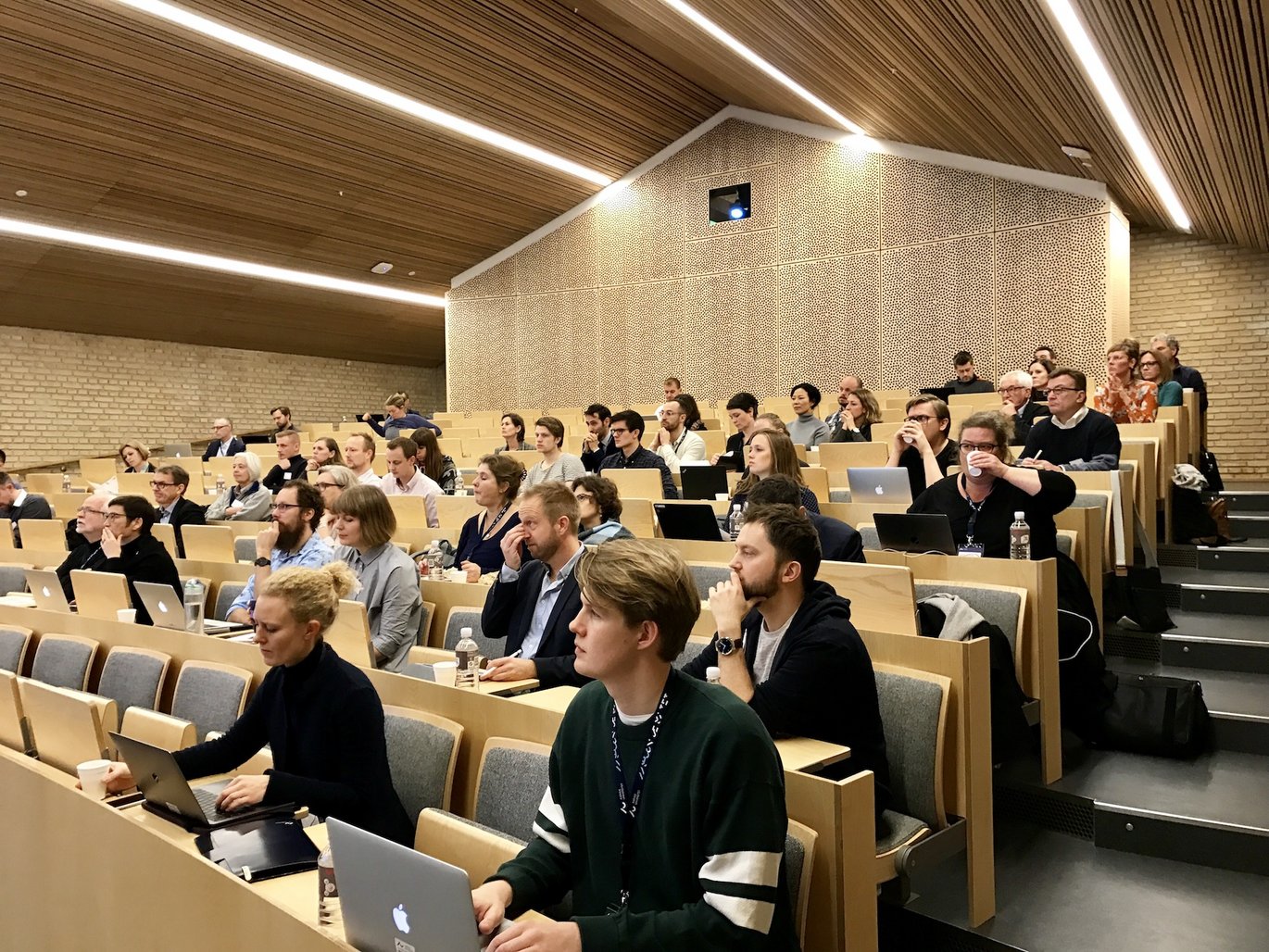
In November 2017, DATALAB held together with Digetik and ATV (The Danish Academy of Technical Sciences) a two-track seminar on the General Data Protection Regulation (GDPR) in Business and Digital Research Dilemmas at Aarhus Institute of Advanced Studies (AIAS). DATALAB organised the seminar within the framework of Digital Society innovation network project.
The seminar was one activity in a series trying to address the challenge of ensuring privacy of humans and groups in data and hereby facilitate, support and disseminate the work and knowledge done in the international Association of Internet Researchers (AoIR) Ethics Committee – a committee that ensures research on and about the internet is being conducted in an ethical and professional manner.
The 3 most prevailing dilemmas in digital research
This article provides an extract of the main dilemmas discussed at an digital ethics workshop held as a part of the research track. They and the remaining dilemmas addressed will feed into the future work of the AoIR Ethics Committee together with insights from similar recent workshops organized by the committee in Tartu, Estonia and Oslo, Norway.
1. Is informed consent an ethical illusion?
One of the main dilemmas addressed during the workshop was the experience of dealing with informed consent as a legal term. However, as an ethical concept, researchers struggled to use it efficiently because it in some incidences compromised the role that researchers take when entering closed communities as a researcher and not as a participant, Ane Kathrine Gammelby, Aarhus University argues. This role has been widely described in the literature on digital ethnography, but the combination of the legal and ethical dilemma is more present now in the light of the GDPR.
2. Ethnographic fieldwork on app usage and intimate peer communities
The sensitive matter of very private communication, data or spaces that are object of study in many digital projects requires careful ethical considerations and potentially create dilemmas according to the researchers present at the workshop. This is especially the case when studying communities and apps where the density of knowledge a researcher obtain often is much higher than what s/he would have expected. ‘Would it be productive to work with the concept of ‘digital safe space’ in ethical decision-making?’ Kristian Møller, IT University asks, and ‘what role should ‘affect’ play in ethical decision making’?
3. Responsibilities and challenges in researching social big data
In the light of the GDPR legal framework and an increasing growth in studies based on social big data deriving from semi-private platforms, the dilemma of highly identifiable data (eg. pictures) and effective anonymization arose in the ethical context as well. This is pertinent in the study of small communities, but also when applying methods such as multi-layered network analysis. ‘What if anonymization turns out to be ineffective or simple break?’ asks Lucca Rossi, IT University. There are cases where state-of-the-art anonymization (prescribed by the GDPR) might prove to be very weak. The researchers need to upskill on risk assessment when handling such decisions.
Future work and focal areas of AoIR Ethics Committee
In general, the outcome of both ethnographic and computational statistic methods applied in digital research called for a larger focus on how to tackle ethical dilemmas than what are available in the community currently. This will be the focal point in future work in the AoIR Ethics Committee in 2018-2019.
The next event organized by the committee will take place at the WebSci conference in Amsterdam under the title 'Confronting Ethical Challenges in Web Science Research', scheduled for Sunday 27 May 2018 at VU Amsterdam.
Please find more information and the call for academic papers
